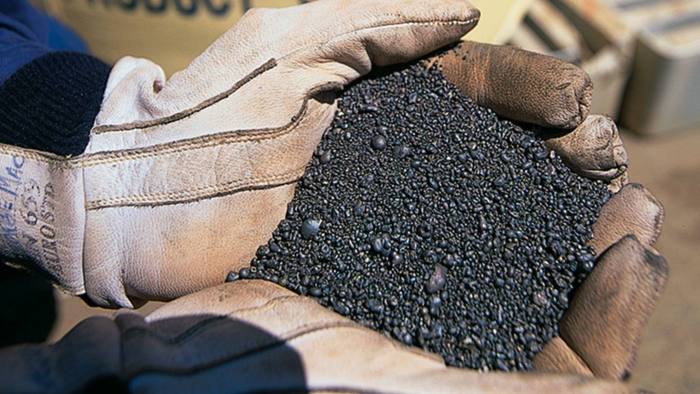Shanghai nickel prices have risen in the past five trading days and reached their highest level in 12 months on Tuesday July 16th. According to market participants, this is due to low stocks and limited availability of delivered goods.
Prices have also been bolstered by speculative buying amid fears of potential supply shortages from the earthquakes in Indonesia and a 2022 ban on nickel ore exports.
During the morning trading hours on Wednesday July 17, the most liquid nickel contract on the Shanghai Stock Exchange traded higher, hovering around 110,000 yuan per ton.
Upbeat market sentiment is expected to keep nickel prices at highs in the short term, but sustained new nickel pig iron production capacity will curb growth.
Strong demand for ferrous metals amid curbing domestic smelting has also fueled a recent rise in the price of nickel, which is mainly used for stainless steel.
China will tighten its oversight and control over the end of the use of obsolete steel facilities in the third quarter, authorities said on Tuesday July 16.
Official data showed that domestic crude steel production in China increased by 10 percent from a year ago to 87.53 million tonnes, while daily smelting increased to a record high, indicating buoyant demand for raw materials.
According to London Metal Exchange (LME), as of July 15, nickel stocks in warehouses cooperating with the exchange amounted to 150,324 million tons, which is almost half of the May 2018 level.
In recent years, the shape of the international stainless steel market has changed. Booming economic growth in developing countries, especially in Asia, has boosted global manufacturing capacity relative to demand. In turn, the number of protectionist trade measures has increased.
Many countries or trading groups try to protect their domestic markets from imports through restrictive or punitive measures. Anti-dumping duties are becoming more widespread and are causing the redirection of export flows of metal products.




